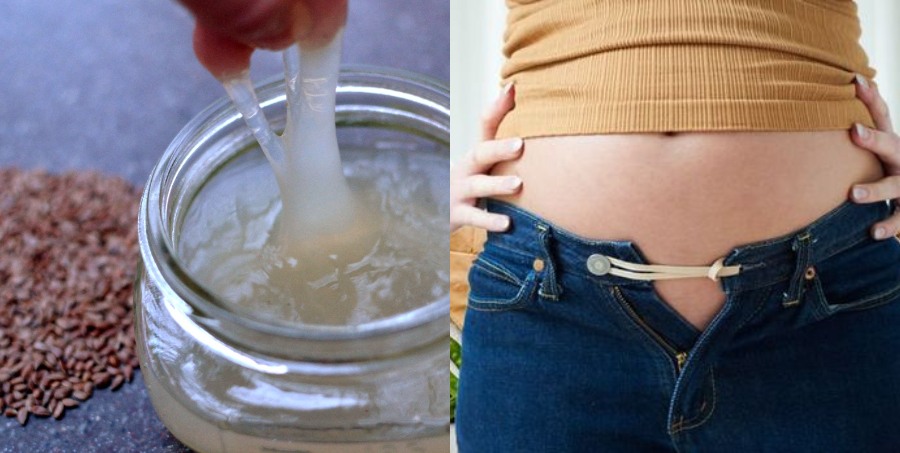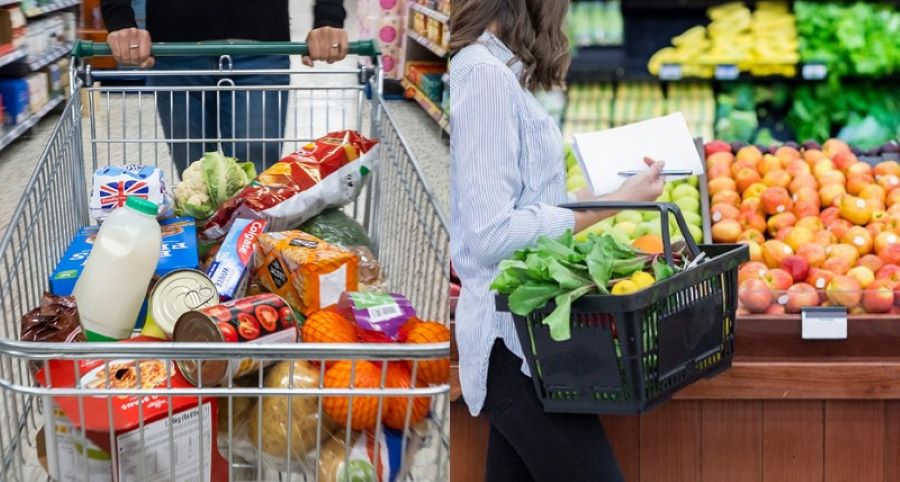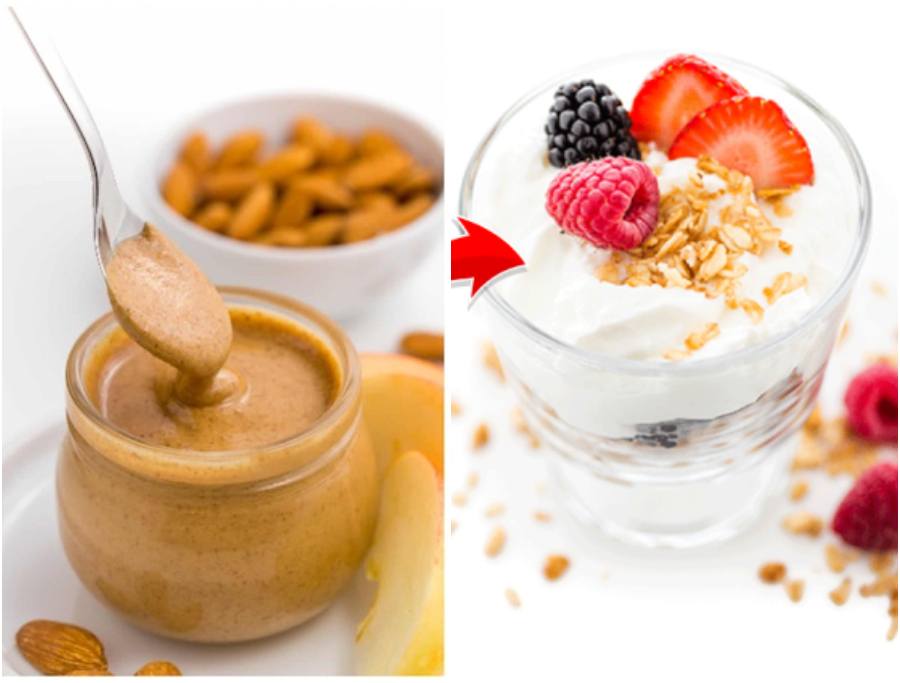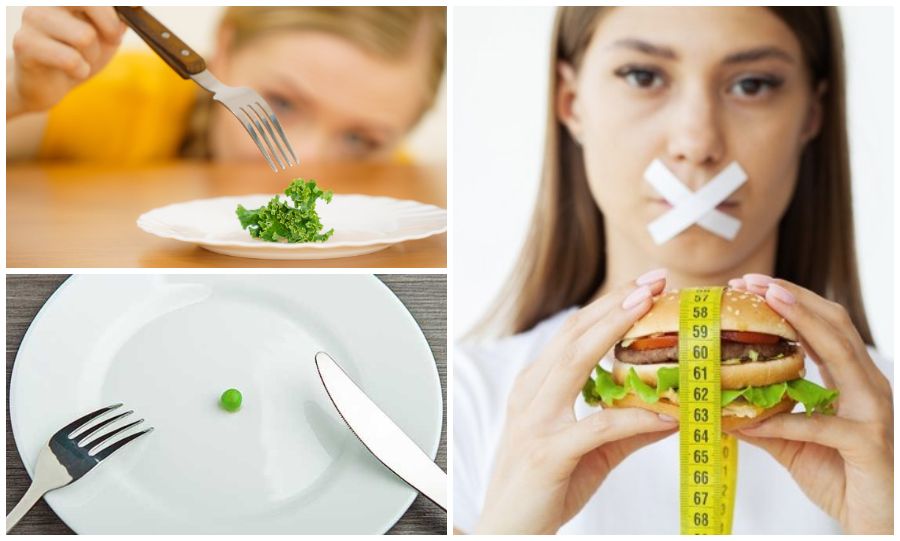If you are a fitness and health freak who counts calories with every bite and haven’t yet heard about “stevia,” then you are probably living under a cloud! For the health-conscious and for the multitudes of people trying to lose weight, stevia is a blessing. Why, you ask? With the increase in diabetics in our country and also proportionally increasing health-conscious people, sugar substitutes have gained a huge market and more and more people are now switching to stevia and other forms of sweeteners. That’s because stevia is touted as a wonderful replacement for refined or table sugar; it has zero calories compared to refined sugar, which has loads of empty calories that spike up insulin and eventually lead to weight gain and health problems like diabetes. Stevia is considered as the best replacement for sugar because it does not spike up sugar level in the body like other forms of sweeteners. But is stevia safe? Let’s find about all about stevia, its side effects, and everything associated with this sugar substitute.


What is Stevia?
Stevia is an apt replacement for refined sugar because it is extracted from a plant species (Stevia rebaudiana) and has just a few calories to zero calories when compared to traditional sugar. Stevia can be 200 to 300 times sweeter than regular sugar but it leaves an aftertaste in the mouth which all may not like. Stevia scores over other sugar substitutes because it is essentially derived from a plant source and considerably a healthier option. Stevia is considered a magic potion for diabetics and for people who want to lose some weight. Stevia is native to countries Brazil and Paraguay and has been widely used as a sweetener in their native cuisine for centuries.
Is Stevia Approved by FDA?
FDA has approved the use of steviol glycosides (extracted from the stevia plant) as an edible item. On the contrary, FDA has not given its approval to stevia leaf and crude stevia extracts (point to note). But surprisingly, the whole dried leaf is also pretty much safe to be consumed.

Pros of Stevia:
- A natural alternative for sugar.
- Helps to keep blood sugar in control.
- Low in calories.
- Zero fat content.
- Zero sugar.
- 100% natural.
Cons of Stevia:
- Leaves kind of a bitter aftertaste in mouth.
- A bit expensive.
- Not easily available.
- Only a few would like how it tastes.
Substitutes/Alternatives To Stevia?
Stevia is a lot sweeter than traditional granulated sugar minus all the health risks associated with the granulated version. However, we would like to point out that there are alternatives and substitutes to stevia in the market and a whole lot of diet and calorie-conscious opt for these substitutes in their food:
- Agave nectar.
- Erythritol.
- Coconut sugar
- Honey
Is Stevia Safe?
Stevia is marketed as a safe alternative to refined sugar to add sweetness to your food and palate. The good thing about stevia is that it does not cause an insulin spike in the body. Since stevia is marketed in various forms, one should read the ingredients list carefully to rule out its addition and combination with other sugar forms such as dextrose or maltodextrin which can cause health effects. It’s best to opt for dry stevia leaves because there are fewer chances of adulteration. Also, it’s best to avoid highly processed or refined stevia. Refined stevia extracts are combined with other sweeteners that can spike up blood sugar levels, thereby defeating the whole purpose. Stevia extract, steviol glycosides are considered safe by the FDA (Food and Drug Administration). Green leaf stevia does not go through a lot of processing and is thus safe for consumption. Surprisingly, raw stevia extracts and whole leaf varieties are not yet recognized by FDA.
Correct Dosage of Stevia:
Authorized food regulatory authorities recommend daily consumption of 1.8 mg per pound of body weight and that would amount to 4 mg per kg of body weight.
Is Stevia Safe for Diabetics?
Stevia is safe for diabetics only when it is not in combination with other sweeteners such as dextrose or maltodextrin which can spike blood sugar levels. But remember, moderation is always the key and stevia should be consumed within moderation.
What are the dangers of using Stevia Daily?
There are no risks yet reported of taking stevia daily (but again, just remember that stevia should not be in a combination form with other sweeteners like saccharin, aspartame, or sucralose. There is no scientific side risk discovered yet.
Is Stevia Safe for Kids?
100% natural and pure form of stevia is safe for kids but moderation is the key for anyone, including children.
Can Pregnant Women Take Stevia?
Steviol glycosides (Reb-A) is considered a safe version of stevia and approved by FDA. This food regulatory authority puts stevia in the GRAS (Generally Recognized as Safe) category and that means stevia is pretty much safe to be consumed by pregnant women.





